 |
 | | Threshold |
|
 |
 | | 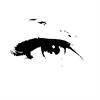 | | 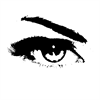 | | 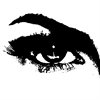 | | | Threshold = 64 | Threshold = 128 | Threshold = 192 |
|
 |
Use this option to change the threshold value. Pixels whose grayscale value is less than or equal to a certain threshold are set to the foreground color (or primary color). Pixels whose grayscale value is bigger than a certain threshold are set to background color (or secondary color).
Min = 0, Max = 255, Default = 128.
|
 |
 |
 | | Size (px) |
|
 |
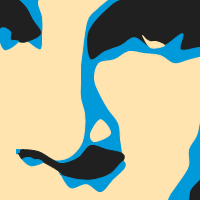 | | 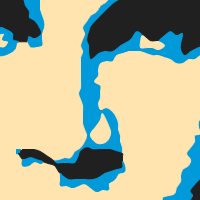 | | | Length = 8 | Length = 4 |
|
 |
Use this option to change the length of a line segment. The length of a line segment is the distance between two points of a polygon. The larger the distance the lower the complexity of the polygon. If the distance is too large, the image will become disordered.
Min = 1, Max = 50, Default = 5.
|
 |
 |
 | | Vectorize Image |
|
 |
|
 |
| This option allows you to vectorize the image. Vectorization is the conversion of raster graphics (pixels) into vector graphics such as points, lines, curves, and polygons. The original raster image is converted into vectorized polygons.
|
 |
 |
 | | Curve |
|
 |
 | | 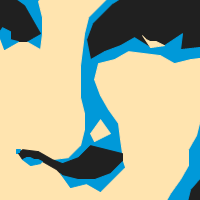 | | | Curve | Lines |
|
 |
| This option allows you to draw a smooth line through the corner points of a polygon. When this option is unselected, the corner points of the polygon are connected by straight lines.
|
 |
 |
 | | Invert |
|
 |
|
 |
| This option allows you to swap the foreground and background color.
|
 |
 |
|
|
 |
| This option allows you to change the foreground color. You can choose between a solid color fill, a color gradient, or a shape or pattern.
|
 |
 |
| OK + Export as Layers |
| This option allows you to apply the effect and create multiple layers, each of which can be manipulated without affecting any other part of the image. |
 |